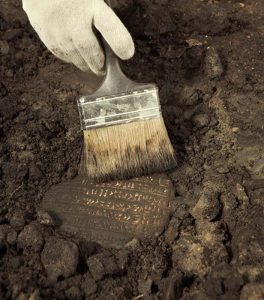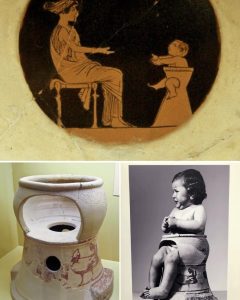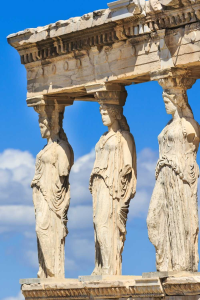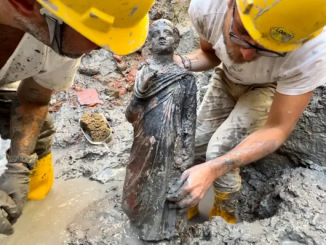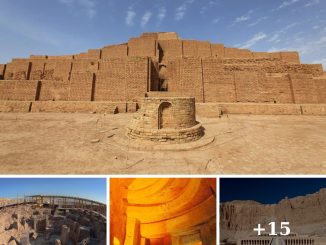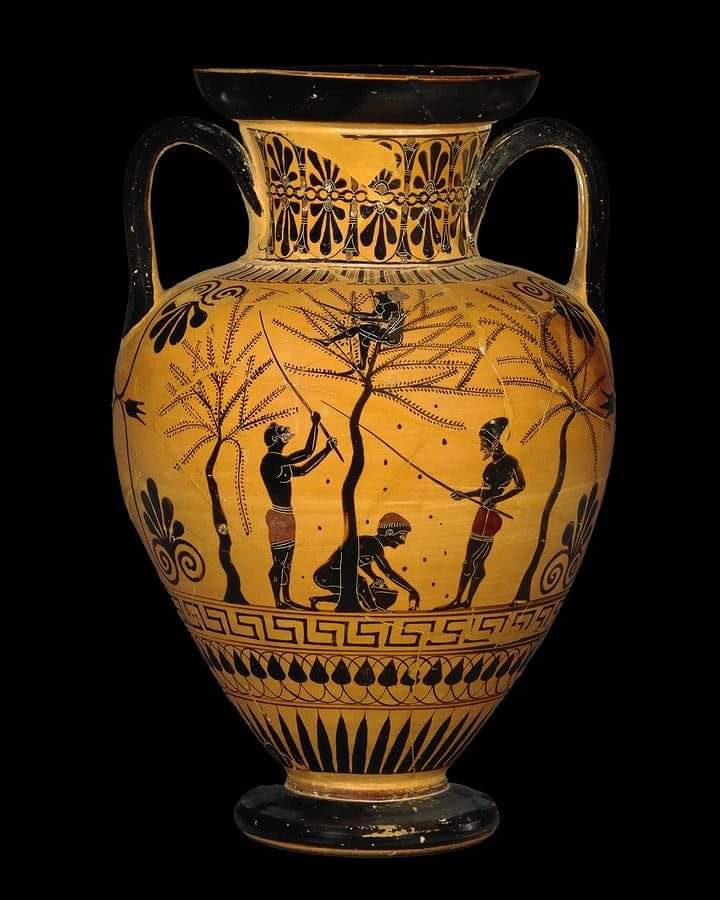
The Dawn of Olive Oil
The story of olive oil is as ancient as civilization itself, with its origins tracing back to around 6000 BC in the eastern Mediterranean region. It was during this time that people discovered the art of extracting oil from the bitter fruit of wild olive trees, marking the beginning of a culinary revolution that would shape the way people lived for millennia to come.
Cultivating a Culinary Staple: The Rise of Olive Orchards

By 5000 BC, the cultivation of domestic olive trees in orchards had become widespread, heralding a new era in human history. Olive oil quickly became a versatile commodity, serving as fuel for lamps, a preservative for food, and a cornerstone of Mediterranean cuisine. Its rich flavor and nutritional benefits laid the foundation for what is now known as the ‘Mediterranean diet’, celebrated for its healthful qualities and delicious flavors.
A Glimpse into Ancient Greece: Depictions of the Olive Harvest
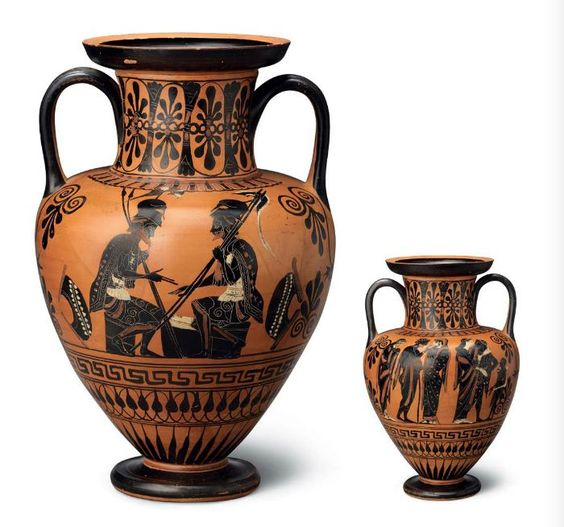
One of the most vivid depictions of the ancient olive harvest comes to us from Greece, captured on an Attic black-figure amphora dating back to around 520 BC. In this scene, we see a group of men engaged in the meticulous process of harvesting olives. One man shakes the branches of the olive tree to dislodge the ripe fruit, while others beat the tree with sticks to hasten the process. Meanwhile, a young man diligently collects the fallen olives in a basket, symbolizing the collective effort and skill required to harvest this precious commodity.
Unraveling the Archaeological Tapestry: Insights from the Antimenes Painter
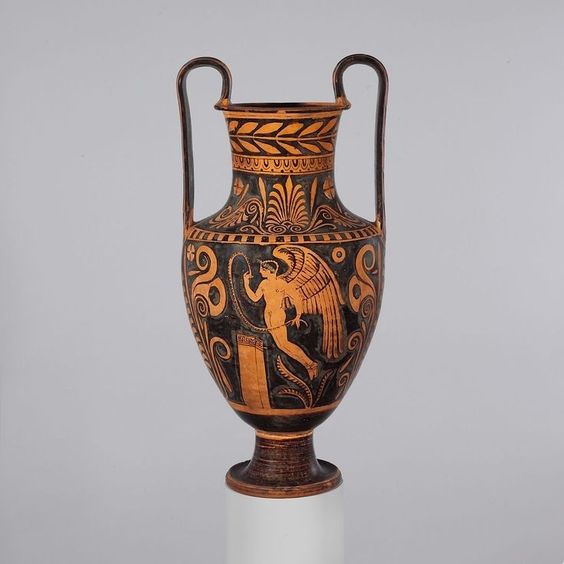
The depiction of the olive harvest on the Attic black-figure amphora provides us with valuable insights into the agricultural practices and cultural significance of olives in ancient Greece. Through careful analysis of such archaeological artifacts, researchers can piece together the intricate details of daily life in ancient civilizations, shedding light on everything from culinary traditions to social customs. As we continue to unearth and study such treasures, we gain a deeper understanding of our shared human history and the enduring legacy of ancient civilizations.
Preserving the Past: The Role of Archaeology in Safeguarding Cultural Heritage
In conclusion, the story of olive oil is a testament to the ingenuity and resourcefulness of ancient civilizations, whose culinary innovations continue to enrich our lives today. Through the lens of archaeology, we are able to unravel the mysteries of the past and gain a greater appreciation for the cultural heritage that has shaped our world. By preserving and protecting archaeological sites and artifacts, we ensure that future generations can continue to learn from and be inspired by the remarkable achievements of our ancestors.
